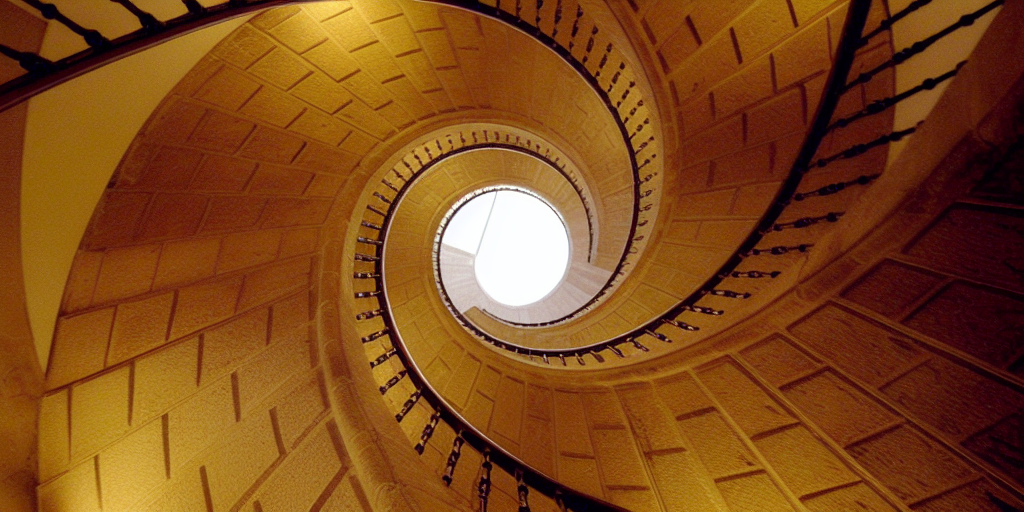Speaker
Description
Variational Quantum Algorithms (VQAs) [1] use a classical optimizer to train a parametrized quantum circuit (PQC). These have emerged as a practical way to exploit state-of-the-art quantum computers. Currently, most VQAs have been designed for fully digital approaches, in which the error ends up accumulating for circuits with many parameters. A possible way out is the use of analogue quantum simulators (AQS) instead, that allow a global evolution of the system and are more resilient to errors. This is why they have been recently pointed out as one of the most promising directions to achieve “practical quantum advantage” [2]. However, current proof-of-principle demonstrations with trapped ions [3] or cold atoms [4], like it occurs with fully digital VQAs, are ultimately limited by the connectivities that can be achieved with these devices.
In this work we discuss a variational AQS inspired by the type of interactions that can be obtained in waveguide-QED platforms [5]. In these setups, quantum emitters are coupled to one-dimensional photonic band-gap materiales, leading to tunable long-range interactions among them [6]. We show how using the range of the interaction as a variational parameter one can design a novel class of PQCs. We compare their performance against state-of-the-art VQAs with fixed connectivities and demonstrate that they can accurately capture the ground state of critical spin models with fewer gates and variational parameters. Our results highlight the benefits of exploiting the tunable connectivity as a resource when designing PQCs and show the potential of variational waveguide-QED quantum simulators as a promising platform for implementing VQAs.
[1] M. Cerezo et al., Nature Review Physics 3, 625-644 (2020).
[2] A. J. Daley et al., Nature 607, 667–676 (2022).
[3] C. Kokail et al., Nature 569, 355 (2019).
[4] C. Kaubruegger et al., Phys. Rev. X 11, 041045 (2021).
[5] C. Tabares et al., arXiv:2302.01922 (2023).
[6] D. E. Chang et al., Rev. Mod. Phys. 90, 031002 (2018).
